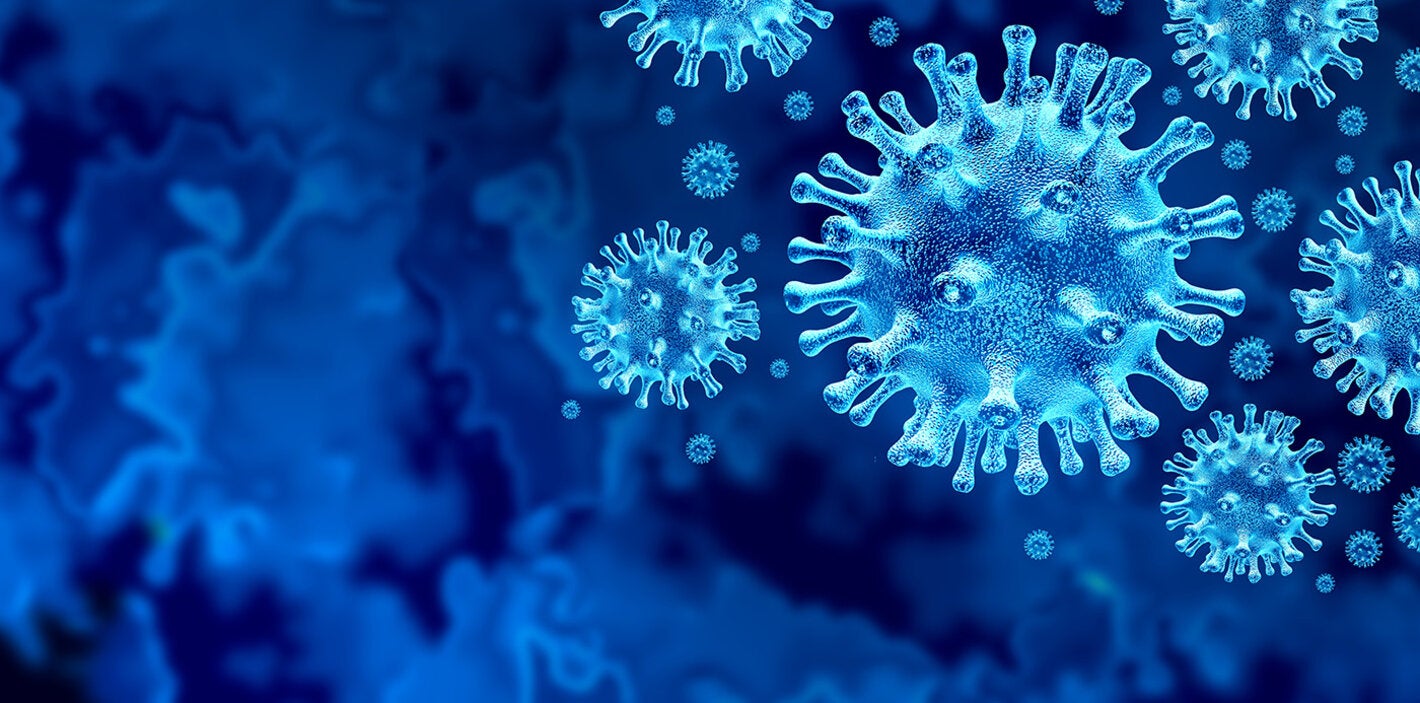We’re more than a year into the COVID-19 pandemic, which has altered our health beyond just the virus ― especially our mental health. One byproduct? Constant and excessive stress over our physical well-being can morph into health or illness anxiety. The issue (often called hypochondria) happens when you begin to irrationally or obsessively worry about your health to the point that it’s affecting your daily life. Many mental health professionals like Kimberly Presley, clinical director of Taylor Counseling Group in Dallas, have seen this in their practices during the pandemic.
“It makes sense because, as a culture, we have never spent so much time reading, talking, watching, or learning about a specific issue related to our physical health,” she explained. The constant influx of information and realization we have little control over the actions of others in helping to curb the virus has been a lot for people to manage. Anxiety is often sparked by fear, and COVID-19 has implanted real fear in many of us in several ways, Presley said ― not to mention we can access trends, data, graphs, and statistics online.
“And a feeling of helplessness or lack of control coupled with real fear is a perfect recipe for anxiety,” Presley added. Vigilance is good for preventing COVID-19, but there comes a point when you may overcorrect your behavior or have unhealthy thought patterns. Think you’ve developed health anxiety during the pandemic? You’re obsessively thinking about the pandemic and having difficulty concentrating throughout the day. Below, experts share some signs you might be struggling with and offer advice on addressing them.

“This means that the pandemic is affecting your activities of daily living, making it harder for you to engage in the necessities of life and carryout your everyday functions,” said Judy Ho, a triple board-certified clinical and forensic neuropsychologist. If you constantly contemplate the fear of contracting COVID-19 or any other health-related train of thought, “turn your mind away from your worry by using cognitive behavioral therapy techniques such as thought-stopping,” Ho said.
Here’s how: Interrupt your thoughts with the word “stop” when you notice your obsessive thinking, and then distract yourself with a pleasant activity or something you enjoy. Listen to your favorite song, organize a small part of your home, call a friend, engage in a hobby, or read a chapter from a book. Stopping worries is all about breaking up your stream of thoughts. Even just a few minutes of interruption can help you disengage from this loop, Ho added.
You talk excessively about your health or COVID-19 with others.
Of course, it’s OK to talk about the pandemic. Still, if you find that conversation about COVID-19 is crowding out other essential topics in your life or others, it could signify anxiety. Chloe Greenbaum, a licensed psychologist and adjunct professor at New York University, suggested preemptively starting conversations by saying you’re trying to fixate less on COVID-19 and requesting to steer clear of coronavirus talk. But what if your mother wants you to assure her she’s OK after double-masked and wearing a face shield at the grocery store?
“You have to decide what your boundaries are,” Greenbaum said. “If reassuring someone feels OK and doesn’t exacerbate your anxiety, then that can be your boundary that you can be there and support other people and their concerns, but you don’t voice your own.” But if those comments trigger your health anxiety, you need to speak up. Greenbaum said to try: “I’m here for you. But right now, I’m working on reducing my anxiety about these things. Do you mind if we hold off discussing COVID this ome time?”
Tracking the info is helpful because it informs you about safety precautions. Beyond that, viewing endless COVID-19 news might cause and affect health anxiety. “I recommend regulating the amount and type of news you consume,” Greenbaum said. “Only read the news once or twice daily rather than having CNN on in the background all day.”
